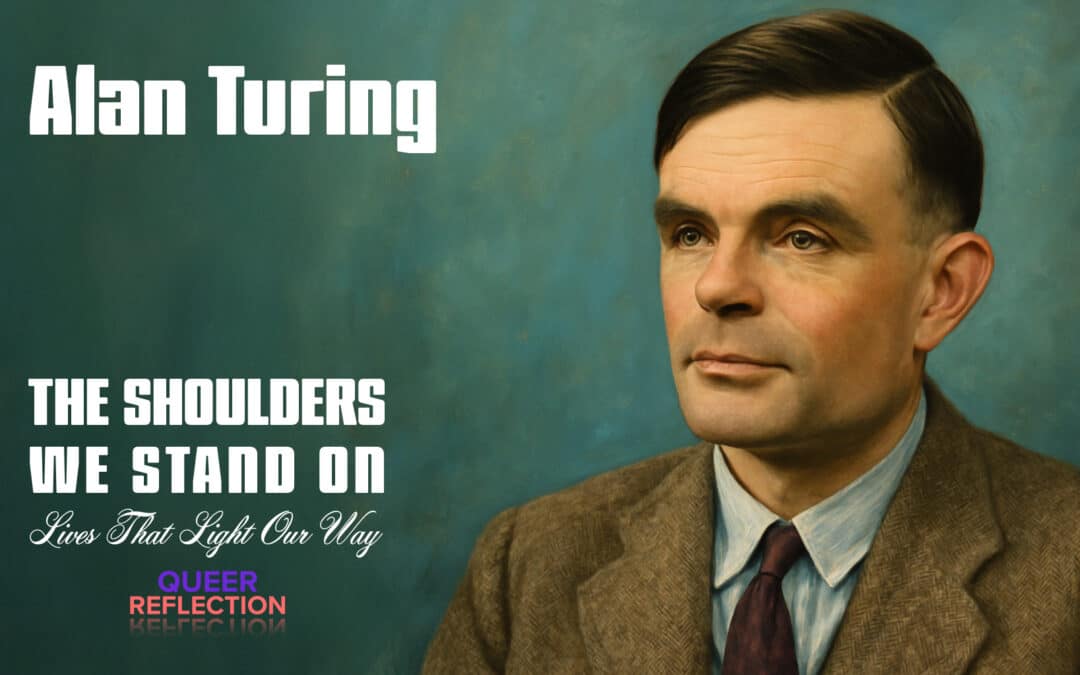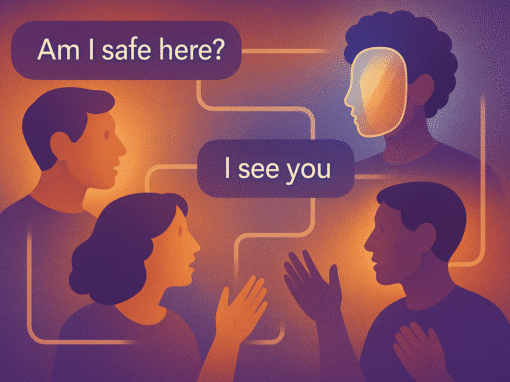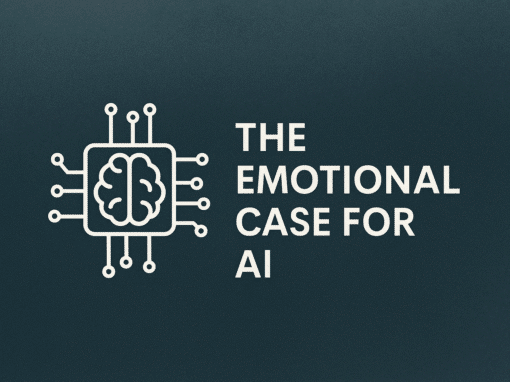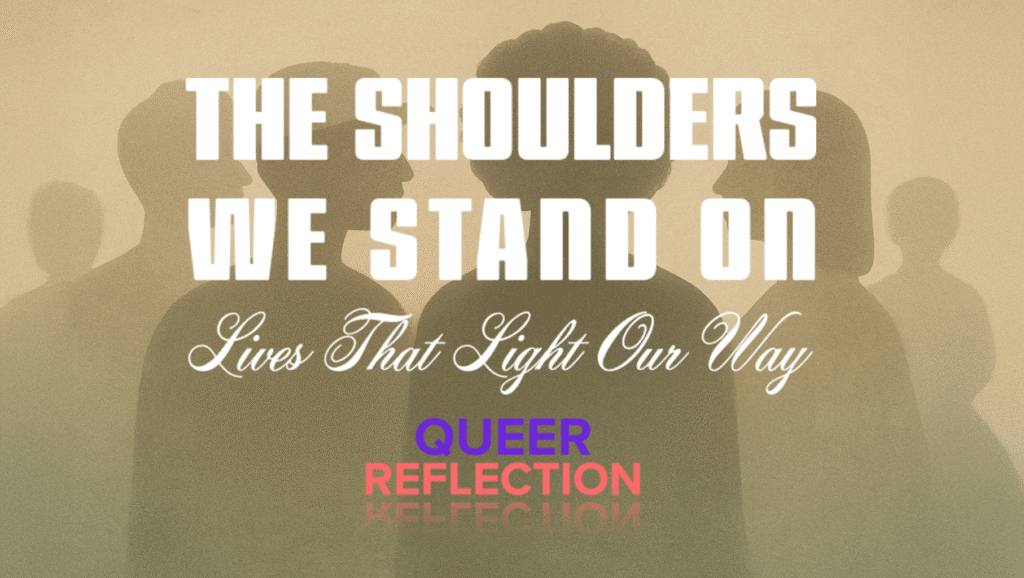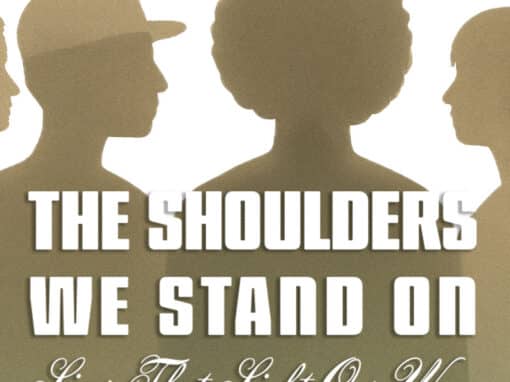“Sometimes it is the people no one imagines anything of who do the things that no one can imagine.”
— Alan Turing
Alan Turing changed the world—and the world punished him for it.
Brilliant mathematician, pioneer of computer science, cryptanalyst, philosopher, runner, and gay man, Turing helped shorten World War II by years and saved millions of lives through his work decoding Nazi messages. Yet for decades, his name remained hidden beneath history’s surface—not because of his failures, but because of his identity.
This is the story of a genius who gave the world the tools to understand itself—and who was denied that same grace.
The Architect of Modern Computing
Born in 1912 in Maida Vale, London, Alan Turing displayed an extraordinary aptitude for mathematics and logic from a young age. His 1936 paper, “On Computable Numbers, with an Application to the Entscheidungsproblem,” laid the foundation for what we now know as the Turing Machine—a theoretical device that became the conceptual backbone of modern computing.
During World War II, Turing worked at Bletchley Park, the UK’s codebreaking center, where he was instrumental in cracking the Enigma code used by the German military. His creation of the Bombe, an electromechanical device that could quickly test possible cipher keys, enabled Allied forces to intercept and decode critical communications, shifting the course of the war.
Winston Churchill credited the Bletchley Park team—Turing chief among them—as having made the single greatest contribution to the Allied victory.
And yet, for years, Turing’s story was silenced.
A Life Erased by Law
In 1952, Turing was arrested under the UK’s Gross Indecency Act, the same law that had ensnared Oscar Wilde decades earlier. His crime: being gay.
Given a choice between imprisonment or chemical castration, Turing chose hormone therapy—a barbaric punishment meant to suppress his libido. It destroyed his health and dignity.
Two years later, in 1954, Alan Turing was found dead of cyanide poisoning at age 41. Officially ruled a suicide, though the details remain contested, his death echoed the state’s cruel erasure of so many LGBTQ+ lives.
It wasn’t until 2009—after a public campaign led by scientist John Graham-Cumming—that the British government formally apologized for its treatment of Turing. In 2013, Queen Elizabeth II granted him a posthumous royal pardon. The 2017 “Turing Law” extended that pardon to thousands of other men convicted under the same homophobic statutes.
Today, Turing’s face appears on the UK’s £50 note—a symbol of recognition long overdue.
What Turing’s Story Still Teaches Us
Alan Turing’s life is a brutal reminder that brilliance does not protect us from bias. That contribution does not shield us from hate. That the systems we build—legal, political, technological—can either reflect our highest ideals or our deepest prejudices.
“Can machines think?” Turing famously asked.
But the harder question was always:
“Can people feel?”
At Queer Reflection, we believe Turing’s story belongs at the heart of any conversation about empathy and technology. His work reminds us that behind every algorithm is a human being. And that our innovations are only as ethical as the systems that hold them.
We build this project knowing that code is not neutral. And neither is silence.
Learn More About Alan Turing:
- Alan Turing at the Turing Archive for the History of Computing
- The Alan Turing Institute – UK’s national institute for data science and AI
- BBC Profile: Alan Turing
- The Imitation Game (Film, 2014) – dramatization of Turing’s life and work
- Royal British Legion: The legacy of Alan Turing
Reflection Prompt:
What does Turing’s story ask of you?
How do we honor the lives behind the code?
How do we build systems that see the whole person—not just their output?

